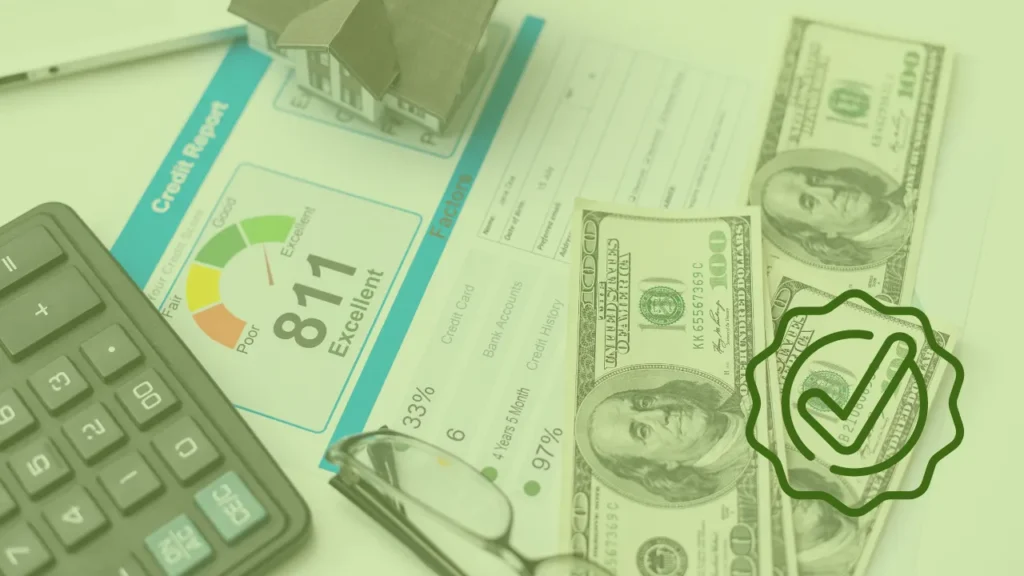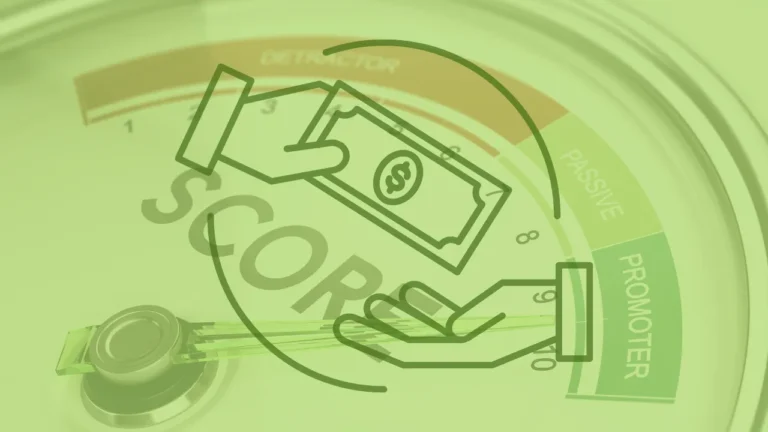How to increase your credit score is a question many people face at some point.
Understanding this can transform not only your financial opportunities but your entire financial stability.

It begins with knowledge, but the journey is continuous.
Your credit score is more than just a number.
It’s the key to unlocking opportunities that might otherwise remain out of reach.
Yet, improving it doesn’t have to be daunting.
Picture a world where lenders compete to offer you their best rates.
It’s possible, and it starts with a solid credit score. But what really makes this number tick?
Every decision impacts your financial health.
A simple missed payment or a hard inquiry might seem insignificant, but it can echo through your credit profile.
The good news is that no matter where you start, there’s always room for improvement.
The steps may seem small, but their impact is profound.
Financial habits play a massive role in determining your creditworthiness.
From timely payments to managing your debt, every action counts.
Improving your score doesn’t mean perfection.
It means consistency and understanding what influences the scoring system.
Think of your credit score as a garden.
Tend to it regularly, and it will flourish. Neglect it, and weeds will take over.
Credit reports hold the secrets to your score.
Reviewing them is not just a task—it’s an essential habit.
The path to a better score isn’t a sprint. It’s a marathon.
Patience and discipline will lead the way.
A good credit score isn’t just about finances.
It’s about freedom—freedom to access what you need, when you need it.
Knowing what lenders see helps you take control.
Transparency starts with understanding your financial profile.
Whether starting fresh or rebuilding, every effort makes a difference.
Your score reflects your financial choices, so choose wisely.
Change takes time. But every step toward improvement brings you closer to financial security.
Now that you know why it’s important, let’s dive into the specifics.
Building a better credit score starts here.
Understanding Credit Scores
A credit score is a numerical representation of your financial behavior.
It helps lenders assess your reliability when it comes to borrowing money.
The higher your score, the more trustworthy you appear.
Credit scores typically range from 300 to 850, with categories from poor to excellent.
Factors like payment history, credit utilization, and length of credit history play a significant role.
Maintaining a good score unlocks better interest rates, higher credit limits, and easier loan approvals, making it a vital aspect of personal finance.
Key Benefits of a Good Credit Score
A strong credit score offers unparalleled advantages. These benefits extend across various aspects of your financial life.
- Qualify for lower interest rates on loans and credit cards.
- Gain access to premium credit card rewards and perks.
- Secure rental applications with minimal hassle.
- Enhance your chances of approval for mortgages and car loans.
- Improve financial flexibility for emergencies or investments.
Steps To Build Your Credit
Improving your credit score involves thoughtful strategies. These actions, when consistently practiced, can make a remarkable difference.
- Pay bills on time to build a reliable payment history.
- Keep credit utilization below 30% to show responsible usage.
- Regularly review your credit reports for errors or discrepancies.
- Limit hard inquiries by being selective with credit applications.
- Consider a secured credit card to establish or rebuild credit.
How Do Credit Reports Impact Your Score
Credit reports serve as the foundation of your credit score. They detail your borrowing habits, including payments, debts, and inquiries.
Errors on your report can harm your score, so regular monitoring is crucial. Address inaccuracies promptly by contacting the reporting agency.
By keeping your report accurate and up to date, you ensure that your credit score accurately reflects your financial habits.
Common Credit Mistakes To Avoid
Avoiding pitfalls is as important as building good habits. Many common mistakes can significantly harm your score.
- Missing payment deadlines due to poor organization.
- Maxing out credit cards, leading to high utilization.
- Ignoring credit report inaccuracies, leaving them uncorrected.
- Applying for multiple credit lines in a short period.
- Closing old credit accounts, shortening your credit history.
Tips For Maintaining a High Score
Once you’ve achieved a good score, it’s essential to maintain it. Long-term consistency ensures lasting financial benefits.
- Automate payments to avoid missed deadlines.
- Use credit cards wisely, charging only what you can repay.
- Diversify credit types responsibly, including loans and cards.
- Avoid unnecessary hard inquiries to protect your score.
- Monitor your score regularly to stay on top of changes.
Conclusion
Improving your credit score is a journey worth taking.
Each small action, from timely payments to mindful borrowing, adds up to significant results.
A good credit score is more than just a number; it’s a gateway to financial freedom and security. With the right habits, anyone can achieve it.
Start today. Transform your financial future by taking control of your credit score.
Frequently Asked Questions
What is the fastest way to improve my credit score?
Paying off outstanding debts and ensuring timely payments can quickly boost your score.
How often should I check my credit report?
It’s recommended to review your report at least once a year or before applying for major loans.
Does checking my credit score lower it?
No, checking your credit score through soft inquiries does not impact your score.
Can I increase my credit score without a credit card?
Yes, using options like rent reporting or installment loans can help build credit.
How long does it take to rebuild a bad credit score?
Rebuilding can take several months to years, depending on your financial habits and situation.
Do unpaid medical bills affect my credit score?
Yes, unpaid medical bills sent to collections can negatively impact your score.
Is it possible to achieve an excellent credit score?
With consistent habits and responsible credit usage, reaching an excellent score is attainable.
Why does my score vary between credit bureaus?
Each bureau uses different data, which can result in slight variations in scores.
Will closing a credit card help my score?
Closing a card can reduce your credit history length and increase utilization, potentially lowering your score.
How can I dispute errors on my credit report?
You can contact the credit bureau directly or use online tools to file disputes.



